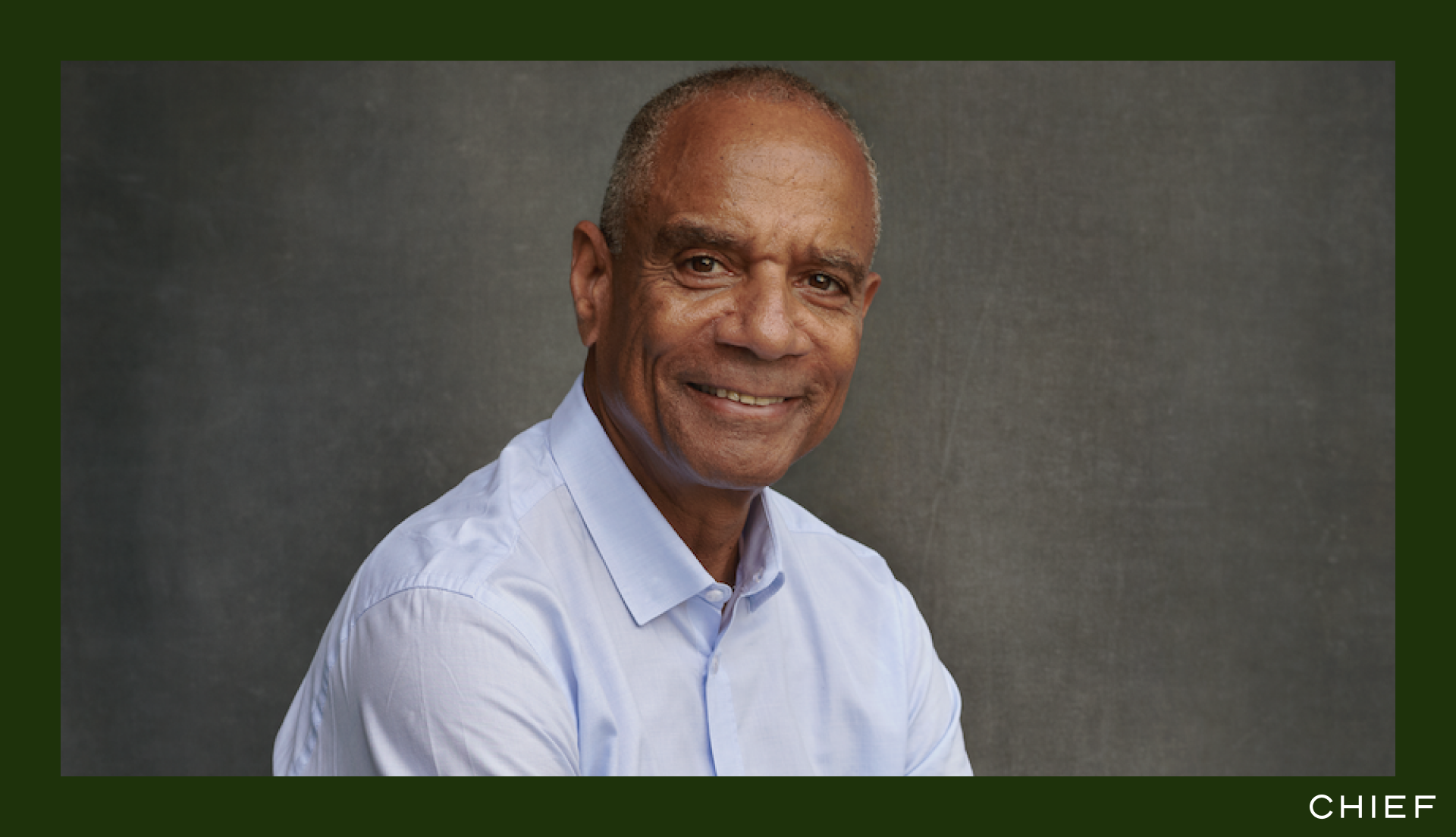Ken Chenault is the former chairman and CEO of American Express, and the current chairman and managing director of General Catalyst. He sits on the Board of Directors of Airbnb, Berkshire Hathaway, and Chief, among others. Ken joined Chief CEO Carolyn Childers to discuss the continued importance of endurance, the advancement of equity in the workplace, and his coalition OneTen, which aims to create one million careers for Black Americans over the next ten years. Below are some of Ken’s guiding principles for leaders running the pandemic marathon:
“Defining reality and giving hope.” How leaders can demonstrate a sustained commitment to their teams in the months ahead:
What we've gone through on every level is unprecedented — from the racial strife of the summer caused by the murders of George Floyd and Breonna Taylor to the attack on the Capitol and the insurrection. There is an incredible need for leaders to demonstrate not only empathy, but a high level of self-awareness that they understand the environment that people are operating in, and that people react differently to crises and challenges.
As a leader, it is your job to be transparent about the things you are certain and uncertain about, the challenges COVID has created, and what you’re doing to overcome those challenges. Are you visible and spending time with your people? Are you explaining exactly how the pandemic has changed things, and what your vision is for a post-COVID world? There is no way to over-communicate here. You then need to develop markers and give people reasons to increase their confidence. Admit that you don’t have the full answer, but define what some small wins are — things you can control that you’re going to focus on.
And then, of course, you have to take action relative to their personal and professional welfare with respect to the business strategies that you're putting in place. In leaders, I look for integrity and consistency between words and actions. Being charismatic is helpful, but it’s not enough. You’ve got to have the substance, deliver it, and deliver it over time. It has to be enduring.
What strong leadership looks like when it comes to fighting racial inequity in the workplace:
Clearly, there has been a groundswell of support for racial injustice, and my hope is that leaders see what has happened as a wake-up call. But the focus has to be both consistent and persistent. We cannot have a strong sense of urgency in the short or medium-term without a commitment to key objectives in the long-term. The first step is recognizing what the issues and gaps are, but the next step is declaring what long-term actions are being taken. These efforts need to be integrated into the core mission and objectives of the company — and every leader needs to communicate to their organization what is different this time, and why these efforts are going to persist.
There’s no way to get to the finish line in a year or two, but people need concrete actions to give them confidence that there will be real change. They need to see that the work has started.
The OneTen coalition, and how individuals can change organizational culture:
In creating OneTen, we asked ourselves how we could bring together a committed group of CEOs who are willing to change the human capital paradigm. Because with systemic racism, we continue to do the same things we’ve always done — and we get no results. We have to do something different. So we picked a goal of one million jobs, and we set a 10 year commitment — which is centered around this notion of persistence. OneTen is geared towards Black Americans without a college degree, but there are a range of other initiatives focused on different types of interest groups. And if your company is committed to diversity, you should be working with all of them.
This responsibility to advance equity falls on everyone. People tend to underestimate what they can do as an individual, and they fail to recognize the power that they have. But organizations and cultures are created by people, and change starts with you understanding your own responsibility. Then, you coalesce, and that power builds and multiples.
Read Next: Going Beyond the DEI Statement — An Interview with Jennifer Brown and Chelsea Williams
